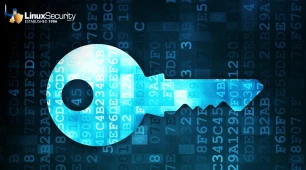"The level of sophistication in spam filters have improved significantly," J.D. Power analyst Steve Kirkeby said. "(But) consumers are saying let's go further. Let's install a firewall, too."
The study showed that consumers are expecting ISPs to provide full Internet protection, including spam filters and protection from spyware, hackers and viruses.
"Consumers are looking to them for a one-stop shop," Kirkeby said. "We see an opportunity for ISPs to cover the full product lineup."
EarthLink Inc. had the highest satisfaction score among dial-up and broadband providers. The remaining top 3 for dial-up were Juno/NetZero and AT&T WorldNet. Broadband subscribers rated Verizon and Road Runner No. 2 and No. 3, respectively.
The study also found that household Internet penetration in the U.S. increased by only 2 percent in 2004 to 66 percent. From 2002 to 2003, the percentage of U.S. households with Internet access increased by 7 percent.
Despite the declining numbers, it was too soon to say Internet penetration had reached its peak.
The link for this article located at Antone Gonsalves, TechWeb News is no longer available.














